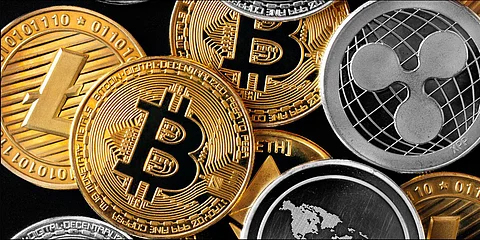

In the ever-evolving landscape of finance, the tokenization of assets stands out as a revolutionary concept that bridges the gap between the tangible and the digital. This process involves converting rights to an asset—be it real estate, art, or commodities—into a digital token on a blockchain, offering a new paradigm for asset ownership and investment.
Asset tokenization is the process of issuing security tokens, a type of blockchain token, that represent real digital tradable assets. Asset tokenization is not a new concept; it has been around since the early 2010s with initiatives like colored coins on the Bitcoin blockchain. However, the Ethereum blockchain, launched in 2015, provided a more versatile platform for this process.
Real-world assets (RWAs) refer to tangible assets that exist in the physical world, such as real estate, art, commodities, and even US Treasuries, which are brought onto the blockchain. The tokenization of these assets aims to enhance liquidity, transparency, and accessibility, enabling a broader range of individuals to engage with high-value assets.
Tokenization offers several advantages over traditional methods of asset management and investment:
BlackRock, the world's largest asset manager, has entered the RWA tokenization space with its tokenized fund, BUIDL, on the Ethereum network, which marks a significant milestone.
BUIDL offers a stable value and pays daily accrued dividends directly to investors' wallets, representing an innovative approach to earning yield on blockchain-based tokens.
Despite the potential, there are challenges to the widespread adoption of asset tokenization:
The future of asset tokenization is promising, with continuous growth and innovation expected in the field. As technology advances and regulatory frameworks become clearer, we can anticipate a more seamless integration of RWAs into the crypto market. This integration could lead to a more inclusive financial system where a wider range of assets is available to a global pool of investors.
The tokenization of assets represents a significant step forward in the convergence of traditional finance and the digital economy. By enabling the representation of real-world assets on the blockchain, tokenization opens up new possibilities for investment, trading, and asset management. As the industry matures, we can expect to see more assets being tokenized, further blurring the lines between the physical and digital worlds.
Asset tokenization is a trend that is reshaping the landscape of investment and ownership. With its ability to democratize access to a variety of assets, it holds the potential to transform the financial industry and empower individuals with new opportunities for wealth creation and management.